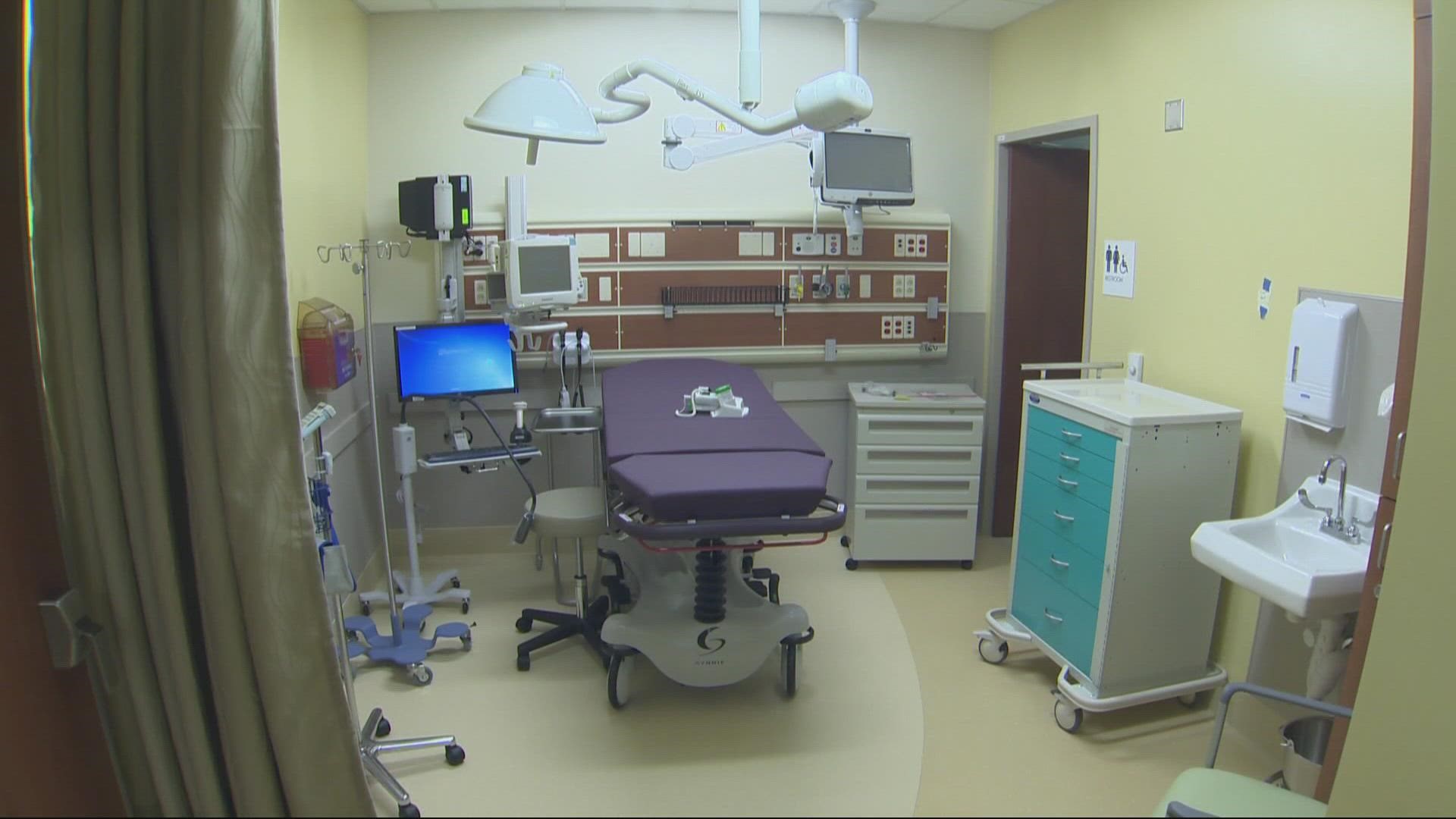PORTLAND, Ore. — Oregon was the first state to pass a Death with Dignity law, allowing doctors to help terminally ill patients end their lives. Now one of those doctors is suing the state, to open up access to non-residents.
Oregon's Death with Dignity, or physician-assisted suicide law was enacted back in 1994.
Since then, nearly ten other states including Washington have passed similar laws, giving terminally ill patients the right to die with the medical aid of their doctor.
One of those doctors is Nicholas Gideonse, who works in family medicine at Oregon Health Sciences University (OHSU), and is the medical director of Kindred Hospice in Portland and Salem.
In his practice, Gideonse provides end-of-life care for Oregon residents and believes the state guidelines under the law are good in making sure those who choose to end their lives are terminally ill, and capable of making the momentous decision.
“So competency and terminality are the primary things under these safeguards process and on that list is included being a resident of the state of Oregon,” said Gideonse.
But it is the residency requirement that Gideonse is suing over, with help from right to die group Compassion and Choices, which filed the suit on his behalf.
Gideonse said it is all about access, and due to a high percentage of medical facilities in southwest Washington that have religious exemptions over end-of-life care, those patients need access to Oregon doctors.
“We want patients who are eligible for medical aid in dying to be able to pursue that… and particularly Washington because it is legal there, we want to remove the (Columbia) river as a barrier. It's hard enough to go through the process; we want to remove this access barrier,” said Gideonse.
The lawsuit filed Oct. 28 names Oregon Gov. Kate Brown and calls on the state to strike down the residency requirement as unconstitutional and unfair. If the lawsuit is successful, patients in Washington can be cared for until the end of their lives by an Oregon doctor, like Gideonse. Within the past year, Gideonse has treated at least 16 patients residing in Washington, but he has been unable to continue that care to include medical aid in end-of-life situations.
“With the profound relief that medical aid in dying can provide those selected patients, it pains me the times that I've been unable to provide that service to patients who are asking me for it simply because of the geographic border.”\

